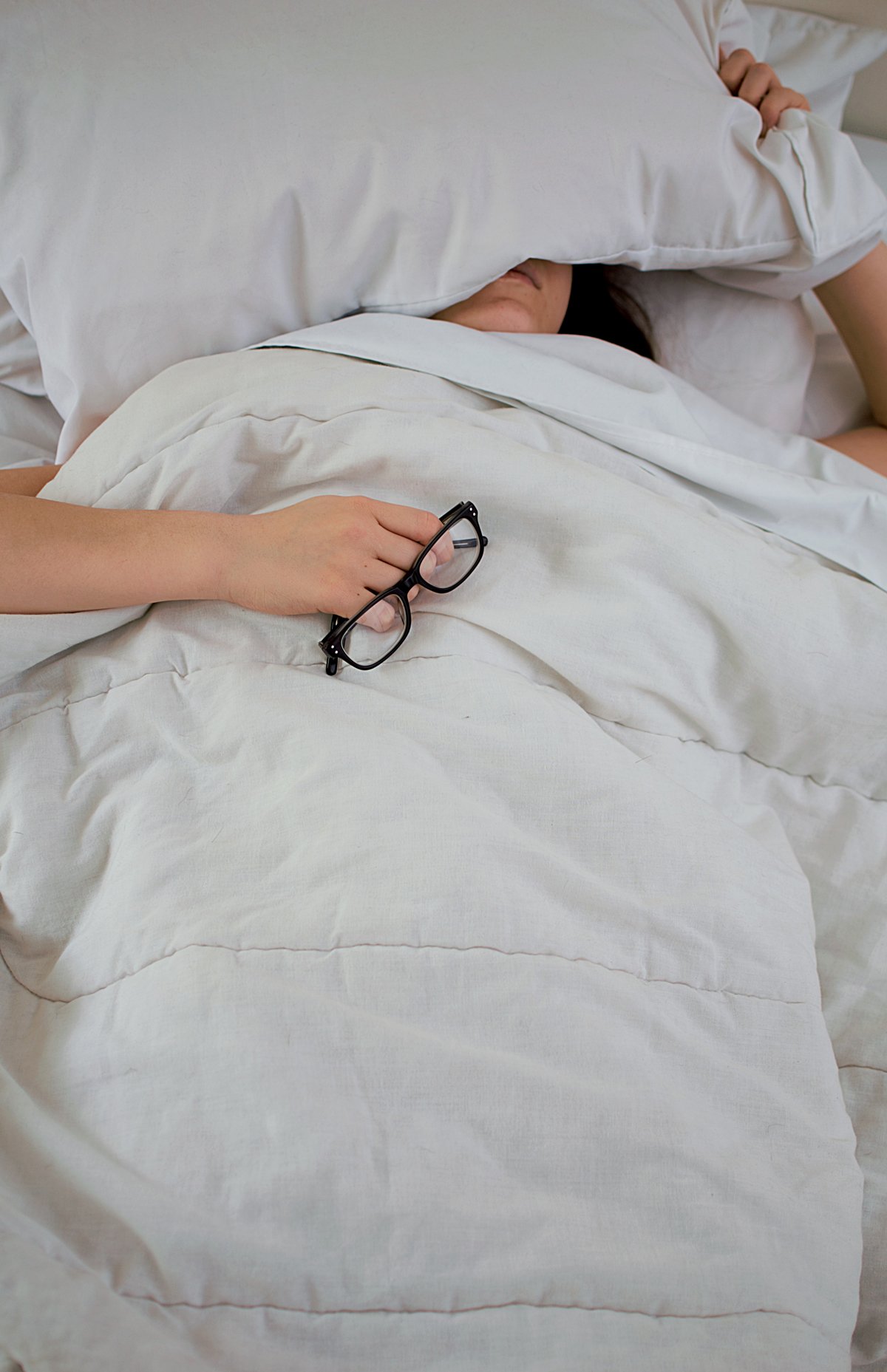Cannabidiol (CBD) is one of many cannabinoid compounds found in cannabis. It does not appear to alter consciousness or trigger a “high.” A recent surge in scientific publications has found preclinical and clinical evidence documenting value for CBD in some neuropsychiatric disorders, including epilepsy, anxiety, and schizophrenia. Evidence points toward a calming effect for CBD in the central nervous system. Interest in CBD as a treatment of a wide range of disorders has exploded, yet few clinical studies of CBD exist in the psychiatric literature.
Our bodies actually produce their own cannabinoids, as part of what’s known as the endocannabinoid system. This system is involved in regulating many physiological processes, including mood, pain perception, appetite, and cognitive functions. CBD interacts in part with the body’s endocannabinoid system and its receptors.
According to a growing body of research, CBD may play a role in the growth of new brain cells, a process known as neurogenesis. CBD is also widely recognized as having anti-oxidant and anti-inflammatory abilities, which make CBD a promising therapy for a wide range of conditions, from neurological disorders to autoimmune diseases to chronic pain and depression. CBD also works as an analgesic—a pain reducer—in the body.
Scientists are devoting a great deal of attention to CBD these days, and we’re continually learning more about the broad spectrum of benefits it may offer to health.
Cannabidiol (CBD) is one of many cannabinoid compounds found in cannabis. It does not appear to alter consciousness or trigger a “high.” A recent surge in scientific publications has found preclinical and clinical evidence documenting value for CBD in some neuropsychiatric disorders, including epilepsy, anxiety, and schizophrenia. Evidence points toward a calming effect for CBD in the central nervous system. Interest in CBD as a treatment of a wide range of disorders has exploded, yet few clinical studies of CBD exist in the psychiatric literature.
Our bodies actually produce their own cannabinoids, as part of what’s known as the endocannabinoid system. This system is involved in regulating many physiological processes, including mood, pain perception, appetite, and cognitive functions. CBD interacts in part with the body’s endocannabinoid system and its receptors.
According to a growing body of research, CBD may play a role in the growth of new brain cells, a process known as neurogenesis. CBD is also widely recognized as having anti-oxidant and anti-inflammatory abilities, which make CBD a promising therapy for a wide range of conditions, from neurological disorders to autoimmune diseases to chronic pain and depression. CBD also works as an analgesic—a pain reducer—in the body.
Scientists are devoting a great deal of attention to CBD these days, and we’re continually learning more about the broad spectrum of benefits it may offer to health.

Sleep improvements with CBD Therapies
CBD has the ability to reduce anxiety, which can be helpful in reducing sleep difficulties and improving sleep quality. CBD may increase overall sleep amounts, and improve insomnia, according to research. CBD has been shown to reduce insomnia in people who suffer from chronic pain.
In smaller doses, CBD stimulates alertness and reduces daytime sleepiness, which is important for daytime performance and for the strength and consistency of the sleep-wake cycle.

Preliminary research into cannabis and insomnia suggests that cannabidiol (CBD) may have therapeutic potential for the treatment of insomnia. Delta-9 tetrahydrocannabinol (THC) may decrease sleep latency but could impair sleep quality long-term. Novel studies investigating cannabinoids and obstructive sleep apnea suggest that synthetic cannabinoids such as nabilone and dronabinol may have short-term benefit for sleep apnea due to their modulatory effects on serotonin-mediated apneas. CBD may hold promise for REM sleep behavior disorder and excessive daytime sleepiness, while nabilone may reduce nightmares associated with PTSD and may improve sleep among patients with chronic pain. Research on cannabis and sleep is in its infancy and has yielded mixed results. Additional controlled and longitudinal research is critical to advance our understanding of research and clinical implications.

Recently a research made by Scott Shannon, MD, Nicole Lewis, ND,2 Heather Lee, PA-C,3 and Shannon Hughes with the final sample consisted of 72 adults presenting with primary concerns of anxiety (n = 47) or poor sleep (n = 25). Anxiety scores decreased within the first month in 57 patients (79.2%) and remained decreased during the study duration. Sleep scores improved within the first month in 48 patients (66.7%) but fluctuated over time. In this chart review, CBD was well tolerated in all but 3 patients.
The results of their clinical report support the existing scientific evidence. In their study, they saw no evidence of a safety issue that would limit future studies. In this evaluation, CBD appears to be better tolerated than routine psychiatric medications. Furthermore, CBD displays promise as a tool for reducing anxiety in clinical populations, but given the open-label and nonrandomized nature of this large case series, all results must be interpreted very cautiously.

The complete research can be read here.
Sleep improvements with CBD Therapies
CBD has the ability to reduce anxiety, which can be helpful in reducing sleep difficulties and improving sleep quality. CBD may increase overall sleep amounts, and improve insomnia, according to research. CBD has been shown to reduce insomnia in people who suffer from chronic pain.
In smaller doses, CBD stimulates alertness and reduces daytime sleepiness, which is important for daytime performance and for the strength and consistency of the sleep-wake cycle.
Preliminary research into cannabis and insomnia suggests that cannabidiol (CBD) may have therapeutic potential for the treatment of insomnia. Delta-9 tetrahydrocannabinol (THC) may decrease sleep latency but could impair sleep quality long-term. Novel studies investigating cannabinoids and obstructive sleep apnea suggest that synthetic cannabinoids such as nabilone and dronabinol may have short-term benefit for sleep apnea due to their modulatory effects on serotonin-mediated apneas. CBD may hold promise for REM sleep behavior disorder and excessive daytime sleepiness, while nabilone may reduce nightmares associated with PTSD and may improve sleep among patients with chronic pain. Research on cannabis and sleep is in its infancy and has yielded mixed results. Additional controlled and longitudinal research is critical to advance our understanding of research and clinical implications.
Recently a research made by Scott Shannon, MD, Nicole Lewis, ND,2 Heather Lee, PA-C,3 and Shannon Hughes with the final sample consisted of 72 adults presenting with primary concerns of anxiety (n = 47) or poor sleep (n = 25). Anxiety scores decreased within the first month in 57 patients (79.2%) and remained decreased during the study duration. Sleep scores improved within the first month in 48 patients (66.7%) but fluctuated over time. In this chart review, CBD was well tolerated in all but 3 patients.
The results of their clinical report support the existing scientific evidence. In their study, they saw no evidence of a safety issue that would limit future studies. In this evaluation, CBD appears to be better tolerated than routine psychiatric medications. Furthermore, CBD displays promise as a tool for reducing anxiety in clinical populations, but given the open-label and nonrandomized nature of this large case series, all results must be interpreted very cautiously.
The complete research can be read here.




